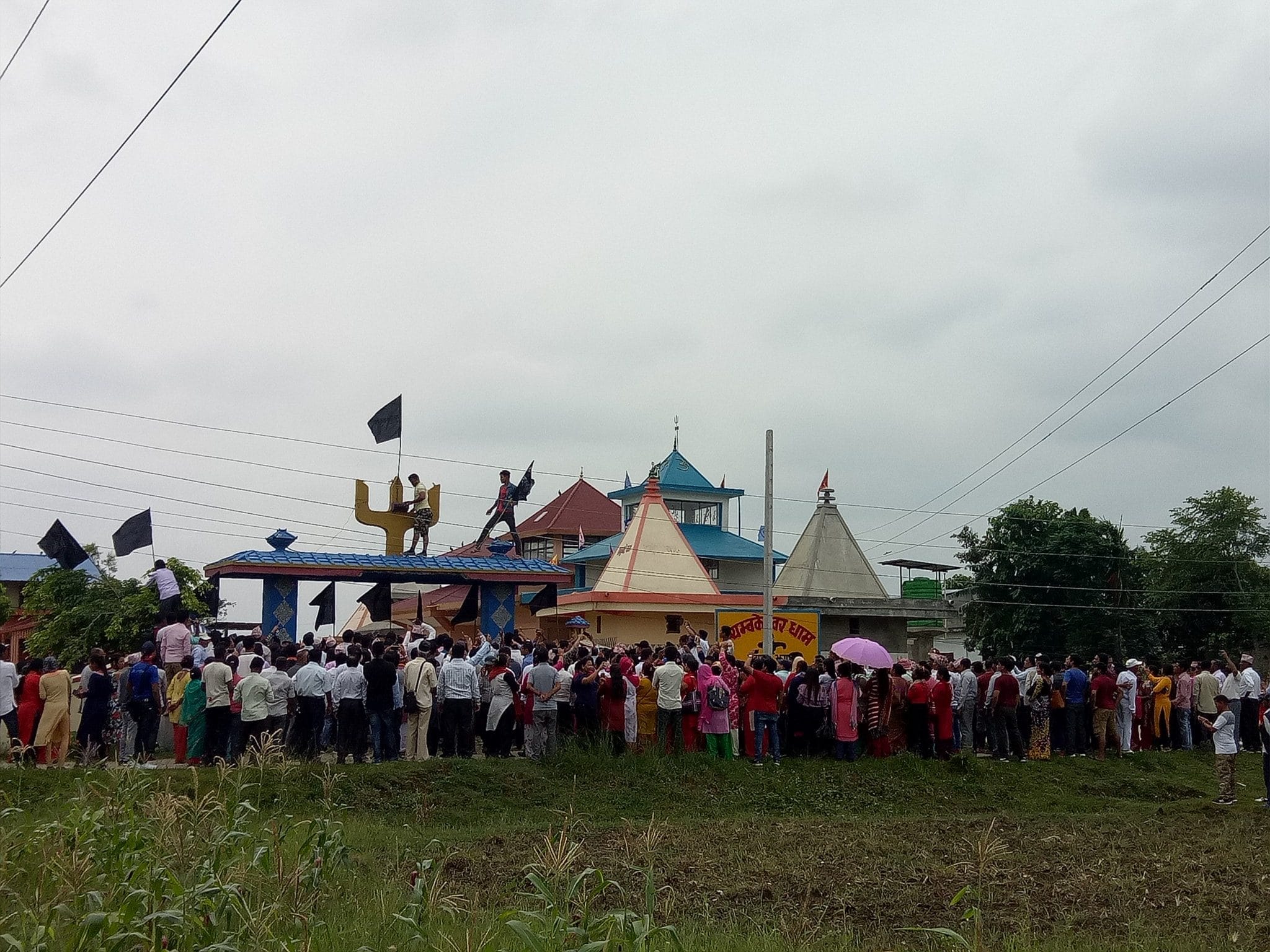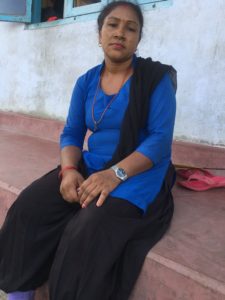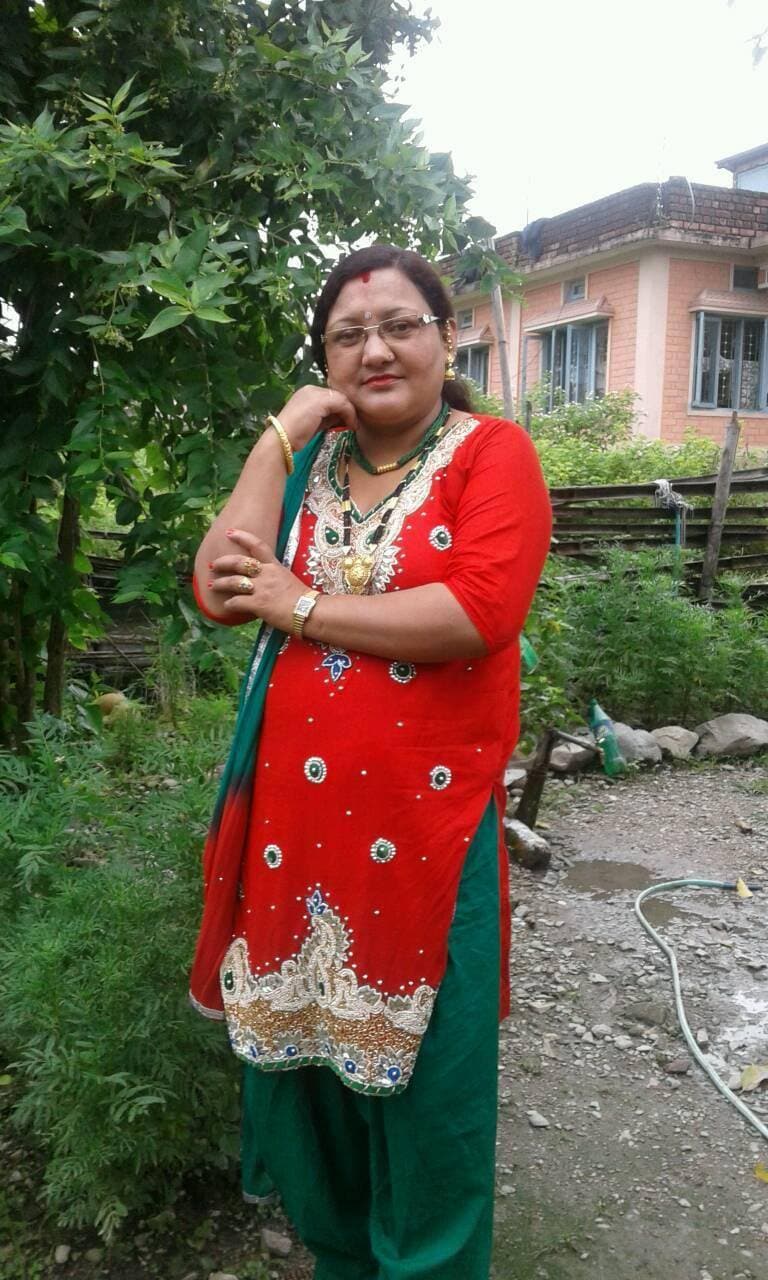The Dalits of Jhapa district haven’t felt any difference between the previous village development committee and the new local government. When they lodge a complaint at local level, they are told to patch up.
Parwat Portel : Centre for Investigative Journalism-Nepal
It’s been one year since local governments were elected after the country adopted federalism. However, these local governments have not been effective in minimizing discrimination against Dalit community. Four cases in Jhapa illustrate the fact.
On April 5, 2018, Krishna Bhandari of Damak Municipality-9, both verbally and physically abused Kamala Ghatani (Bika), who lives in ward-4 of same municipality. Kamala was hospitalized for three days. Kamala and her husband Padam reached the nearby police unit in Damak to register a complaint after the man insulted her calling ‘Kamini’, a derogatory word denoting so-called lower caste. Meena Bishwakarma, a ward member, also suggested that she should go to the police instead of the municipal judicial committee. However, the police downgraded the crime against Dalit and filed it under a minor incident. Then, the police asked the two to patch up.

Dalit activists install a black flag (sign as a protest) in front of Gurukul Bidhyapith in Bhadrapur. The school refused to admit a Dalit student
On April 20, a Buddhist monastery built by a Magar community was inaugurated in Mechinagar Municipality, ward-8. Everyone in the village was invited. Sumita Bika, 14, whose home is nearby the monastery, also attended the event. Some were making bread while others were busy making pickles. Sumita felt uneasy at not helping the volunteers. So she volunteered to make bread. But two women, named Bishnumati Basnet and Tara Khadka, who belonged to so-called upper caste, said, “You are not allowed to make bread here.” Sumita got back home immediately. She told about the incident to her mother. Then, she lodged a complaint about the abuse to the judicial committee of Mechinagar Municipality. The committee called both sides to a meeting. Everyone put pressure on both sides to patch up. Sumita’s mother Maiya decided to patch up because she reckoned that they would need neighbors in case of any difficulty in the neighborhood.
Krishna Dwaipayan Gurukul Ved Briddhashram of Bhadrapur refused to enroll Bikas Karki Dholi (Darji), a resident of Ilam Municipality-5, Barbote. After the school denied him the right for education, Bikas and his fellow Dalits protested in Jhapa on May 16. A discussion was held at District Administration Office among rights activists, political party representatives and school administration. In the discussion, the school’s president Rajendra Chapagain argued that his Brahmin students were affected by the presence of a Dalit student. He said that he was willing to go to the jail then to enroll Dalit student. However, after facing huge pressure, the school administration enrolled Bikas Karki Dholi. Perhaps, due to lack of confidence in local administration among Dalits, the victims did not lodge a complaint at Bhadrapur Municipality.
Kamala Lohar (Bika), 28 was repeatedly abused by her so called upper caste neighbor Abhimaya Basnet, 47. So, she filed a complaint at Judicial Committee of Kamala Municipality. Her complaint was registered at the office on April 11, but later, she and her neighbor were summoned to the office for discussion only on April 18. Abhimaya was let go after pledging to not abuse her (Kamala) again.
Pressure to patch up
It’s been a year since the local government was in place and exactly same timeframe where politicians pledged to bring center’s rights and authority at local level. However, the so-called Dalit community of Jhapa are still facing defamation and abuses. Though the caste discrimination is a serious case and legally punishable offence, local officials tend to force the two sides into reconciliation as if it were a minor brawl.

Kamala Lohar Bika of Mechinagar Municipality, Jhapa
After the local elections, the issues of caste discrimination have surfaced more than ever before. However, the judicial committees of the villages and municipalities do not seem to take crimes against
Dalits seriously. Human rights activist Bishnu Kharel said, “There has been no change in the tendency to take such grave crime as caste discrimination as a minor issue.”
Local officials are also responsible for delivering justice. In some cases, the judicial committee also makes rulings. In cases related to caste discrimination, the judicial committee of the municipality was supposed to provide justice. However, after the committee put pressure on her to patch up with her abuser, Kamala Lohar felt sad. “They said we should patch up because it was not good to create divisions in the neighborhood,” Kamala complained, “I went to seek justice, but it left me in despair.”
Sumita and her mother Maiya, both residents of Mechinagar Municipality-8, faced similar problems. “No one took our complaint seriously. Everyone insisted that we should patch up,” Maiya said. It has also made it difficult for the victims of caste discrimination to complain. “The victims don’t have access to power. Out of fear and threat on them, they don’t dare to complain,” said Tikaram Mangrati (Sarki), an executive member of Mechinagar.

Kamala Ghatani Bika of Damak Municipality, Jhapa
Kamala Ghatani of Damak Municipality of Jhapa was also disappointed after she faced pressure from the police to patch up with her abuser. Padam, her husband, said the abuser had agreed to provide medical expenses, but it was not followed through. “We were forced to patch up after a chorus of politicians and police told us to agree,” said Som Nath Portel, chairman of District Coordination Committee of Jhapa. “The pressure to patch up compelled the victims to silently suffer [abuses].”
Not a single case was registered at Bhadrapur of Jhapa last year. The municipality claims the discrimination against the Dalit student at the school was presented in wrong way. “Had the case been registered at the municipality, I would have advocated this issue to the court. We couldn’t do anything because it was registered in the court skipping us,” said deputy mayor Chandra Shrestha.
These incidents had been reported. But, several other cases in Jhapa are allowed to resolve at the neighborhood. It’s presented to the judicial committee only after failing to resolve the case in the neighborhood. Police office and court are far away. Legal practitioner Devendra Shankar said, “Caste discrimination occurs almost every day. It’s a crime, but Dalits have been deprived of justice due to the tendency to resolve it in the neighborhood. The victims have no access to the police, nor in the court. “
Cases of caste discrimination rarely reach the court, according to Hari Parajuli, an official at the District Court of Jhapa. According to him, caste discrimination is punishable as per Caste-based Discrimination and Untouchability (Offence and Punishment) Act of 2011. “Many who suffer from this don’t know about it,” he said.
For the first time in 2007, a case against Baranasi Lal Shah was filed at District Court of Jhapa. About 13 years later, the case against Rajendra Chapagain and Laxmi Prasad Khatiwada, president of Hindu Dharma Rakshak Sangh, was filed for not admitting Dalit student to the school. Organizations including Nepal Utpidit Bidhyarthi Sangh had filed a case at District Court of Jhapa. Both the accused of the last incident have been bailed out after depositing 20 thousand rupees each.
What does the law say?
Government serves as plaintiff in cases against discrimination. According to the Article 24 of Nepal’s Constitution, “No person shall be subjected to any form of untouchability or discrimination in any private and public places on grounds of his or her origin, caste, tribe, community, profession, occupation or physical condition. Any act of untouchability and discrimination in any for committed in contravention of this Article shall be punishable by law as a severe social offence, and the victim of such act shall have the right to obtain compensation in accordance with law.”
According to Muluki Ain (Civil Code), “Any person should be imprisoned for three months to three years or be fined one thousand to twenty five thousand rupees or both if someone discriminates against him or her based on race, religion, character, class, or work.”
“If the punishment to the offender is increased and the law is effectively implemented, caste discrimination will be reduced gradually,” said Devendra Shankar. “Local bodies can mobilize this by conducting awareness campaigns.”



